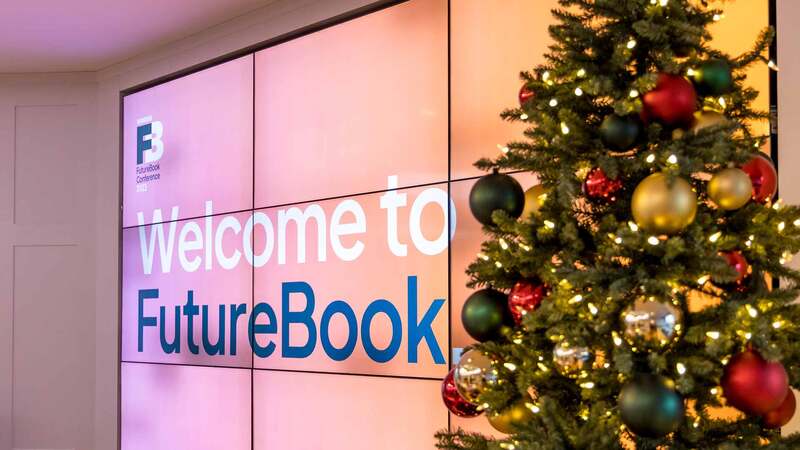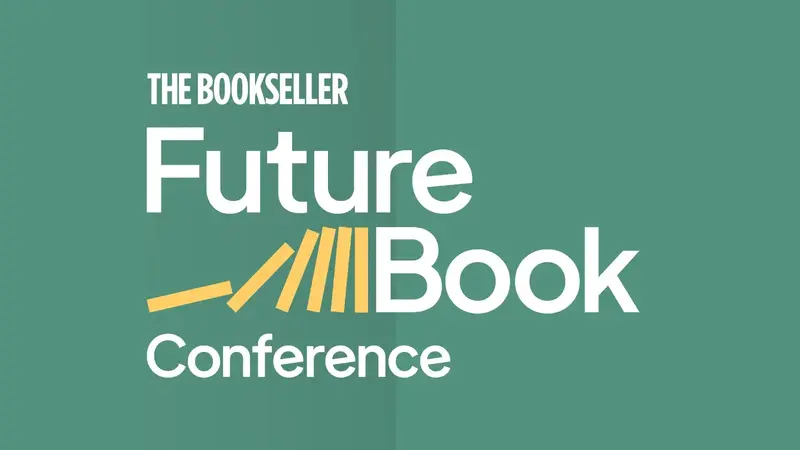You are viewing your 1 free article this month. Login to read more articles.
A narrow path through
As I wrote back in March, the enforced closing of bookshop doors is a terrible story for the editor of The Bookseller to report: it’s a gut-punch, and if you were on social media last Saturday at around 6.30 p.m.—when the Prime Minister announced the decision to shut non-essential retail in England—you’d have seen the emotion play out in real time. Reader, I was not happy.
However, if the March lockdown felt unexpected, scary and a tiny bit breaking, this time around a different range of emotions came into play. For starters, it was no surprise; to varying degrees Wales, Ireland, Northern Ireland and Scotland had presaged what would likely happen in England. Second, we are more prepared; perhaps not yet emotionally, but professionally we now know how business (and life) continues. Third, we have learned to speak about this in a new way: we no longer talk about bookshops being shut, we report that they are closed for browsing. In every other respect, they remain open. Language is important and how we communicate what is happening is vital, for us, our customers, and our survival.
Despite the November timing, it does not feel as hopeless either. We do not yet know what the outcome will be on trading levels, though we do know that many bookshops have reported Christmas-levels of business since October, and this has continued into this week. We also do not know yet how customers will respond: whether they will turn back to the web, or look to what their local high street can still provide. What we do know is that many booksellers have used the past few months wisely; adopting new technologies, finding new ways of selling, and providing sanctuary and solace to their customers.
When I spoke to Waterstones m.d. James Daunt on Sunday afternoon, he saw a “narrow path” through these fresh restrictions via click-and-collect; but he also spoke of the connection booksellers had to their customers, a bond that, if anything, has grown stronger over these past months. On a FutureBook Conference pre-record (see our programme here), independent bookseller Katie Clapham—who had previously written how selling online during lockdown had revived her love of bookselling—talked about what she had concluded: that as much as her customers valued her shop, and the books, what they really wanted was her. Let’s not forget that.
It is within this context that we launch, with the Booksellers Association and HarperCollins, our Bookshop Heroes feature this week, picking out a select few from the thousands of booksellers who every day make that human connection between a book and its reader. That this is not a binary function is clear: bookselling is a complicated mix of chemistry, judgement, persuasion, enthusiasm and friction.
“I’m not a hero, I just run a bookshop,” Five Leaves owner Ross Bradshaw told us. We beg to differ. Heroes don’t need super-powers, they just need to know when to step up. This month, as over the past year, booksellers across the UK, Ireland and beyond will do just that.


















